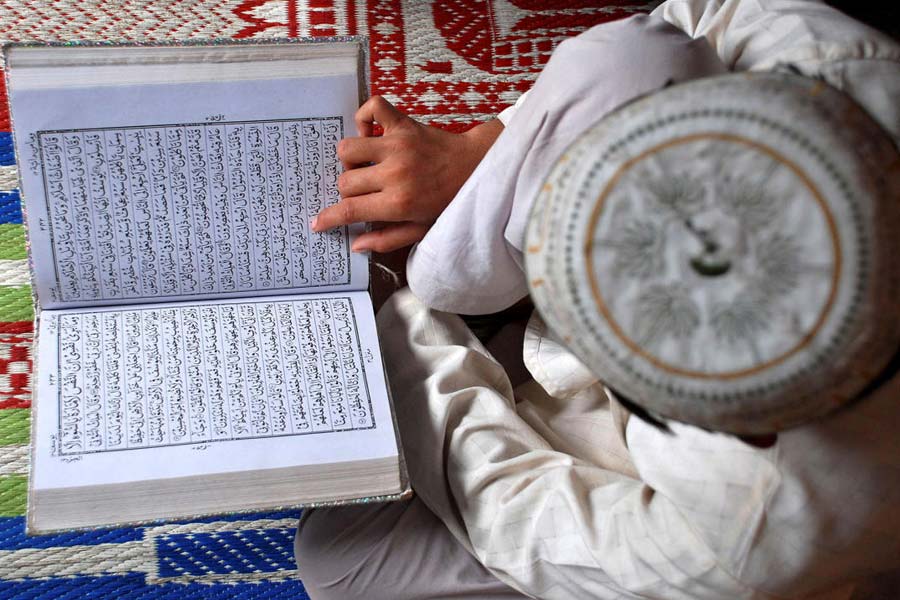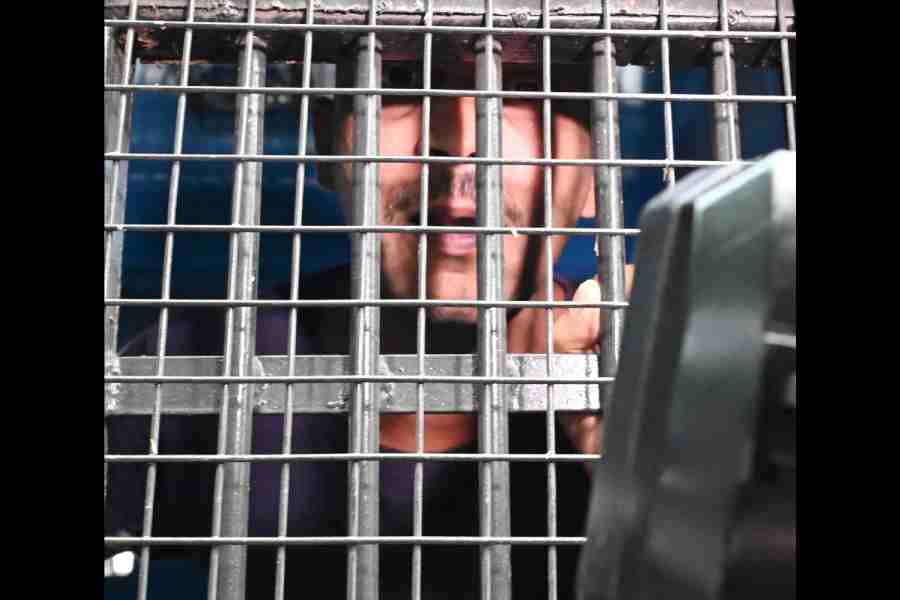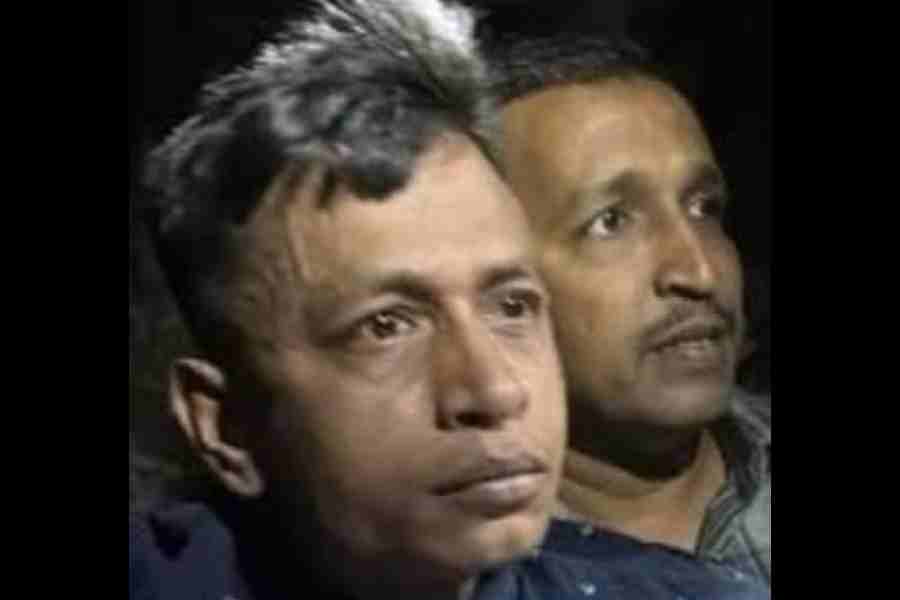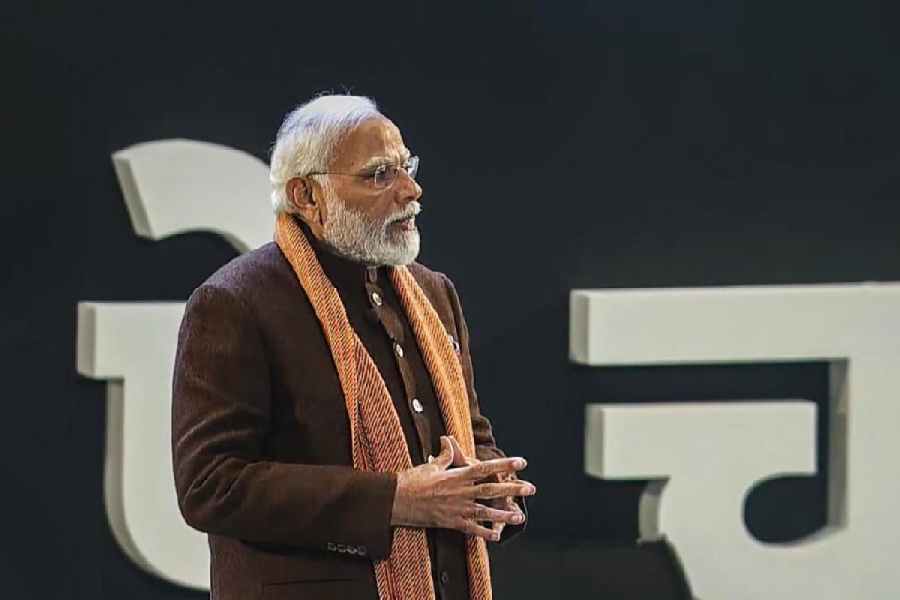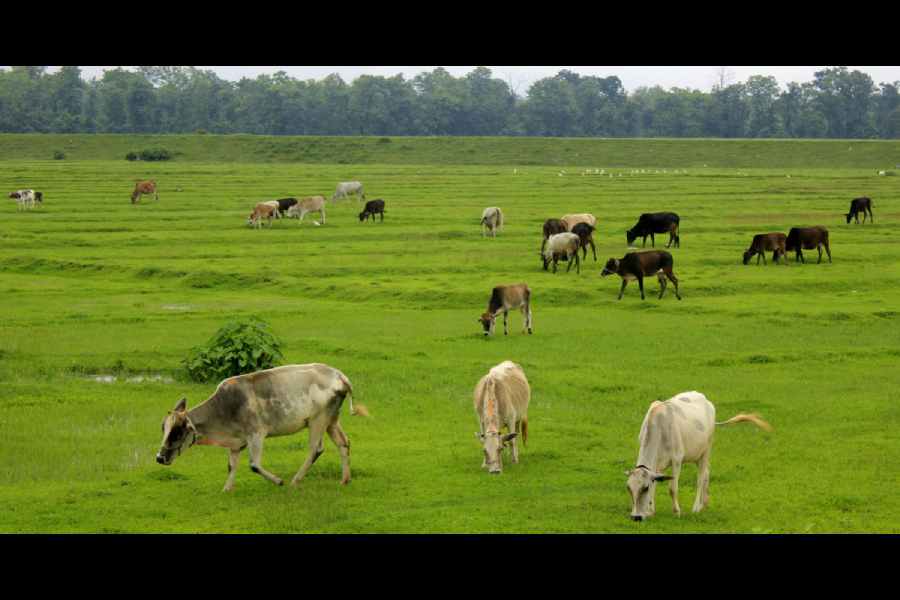A court in India essentially banned Islamic schools in the country's most populous state, a move that could further distance many Muslims from Prime Minister Narendra Modi's Hindu-nationalist government ahead of national elections.
The Friday ruling scraps a 2004 law governing madrasas in Uttar Pradesh, saying it violates India's constitutional secularism and ordering that students be moved to conventional schools.
The Allahabad High Court order affects 2.7 million students and 10,000 teachers in 25,000 madrasas, said Iftikhar Ahmed Javed, head of the board of madrasa education in the state, where one-fifth of the 240 million people are Muslims.
"The state government shall also ensure that children between the ages of 6 to 14 years are not left without admission in duly recognised institutions," Judges Subhash Vidyarthi and Vivek Chaudhary wrote in their order, which was made on the basis of an appeal by lawyer Anshuman Singh Rathore.
Reuters could not contact Rathore or determine if he is connected to any political group.
India holds a general election between April and June that Modi's Bharatiya Janata Party (BJP) is widely expected to win. Muslims and rights groups have accused some BJP members and affiliates of promoting anti-Islamic hate speech and vigilantism, and demolishing Muslim-owned properties.
Modi denies religious discrimination exists in India.
The BJP says the government is undoing historical wrongs, including by recently inaugurating a Hindu temple on the site of a 16th-century mosque razed in 1992. Many Hindus believe the mosque was built where God-king Ram was born and over a temple demolished under the Mughal ruler Babur.
Rakesh Tripathi, a spokesperson for Uttar Pradesh BJP, which runs the state government, said it was not against madrasas and was concerned about the education of Muslim students.
"We are not against any madrasa but we are against discriminatory practices. We are against illegal funding, and the government will decide on further actions after going through the court's order."
Modi's office did not immediately respond to an email on Saturday seeking comment on the court ruling.
'I am scared'
Arguing for the federal government, which was a respondent in the case, Sudhanshu Chauhan told the court that "religious education and religious instructions of a single religion cannot be included in school education and the state government has no power to create statutory education boards permitting religious education".
He said the government was not planning to revive a federal policy stopped in March 2022 that had provided funds to madrasas to teach subjects like mathematics and science.
Madrasa official Javed, national secretary of the BJP's minority wing, said that as a Muslim he is often caught between the priorities of his party and members of his community. He said he has been fielding numerous calls from fellow Muslims since Friday's order, which came during the Muslim holy month of Ramadan.
"Sometimes it becomes very difficult," he said. "I have to balance a lot because, being a Muslim, the party sends me to the community to convince them to vote for us and join the party. I am scared and I walk with personal security whenever I go to any public event or programme."
The BJP's Tripathi responded that Muslim BJP leaders had no reason to fear because their community equally benefits from various government welfare programmes.
"I am Hindu and I visit the Muslim community often and get good support from them," he said. "The fact is that the BJP and the government is very serious about education and it's doing its best."
The BJP's de facto parent organisation has been installing Muslims loyal to it in leadership positions at India's Muslim universities as part of a push to garner Muslim votes.
The Uttar Pradesh government halted a funding programme for madrasas in January, making 21,000 teachers jobless. Friday's order applies to all madrasas in the state, whether funded privately or by the government, Javed said.
The court did not give a timeline for its order, but Javed said madrasas are unlikely to be closed right away.
The northeastern state of Assam, also ruled by the BJP, has been converting hundreds of madrasas into conventional schools.

